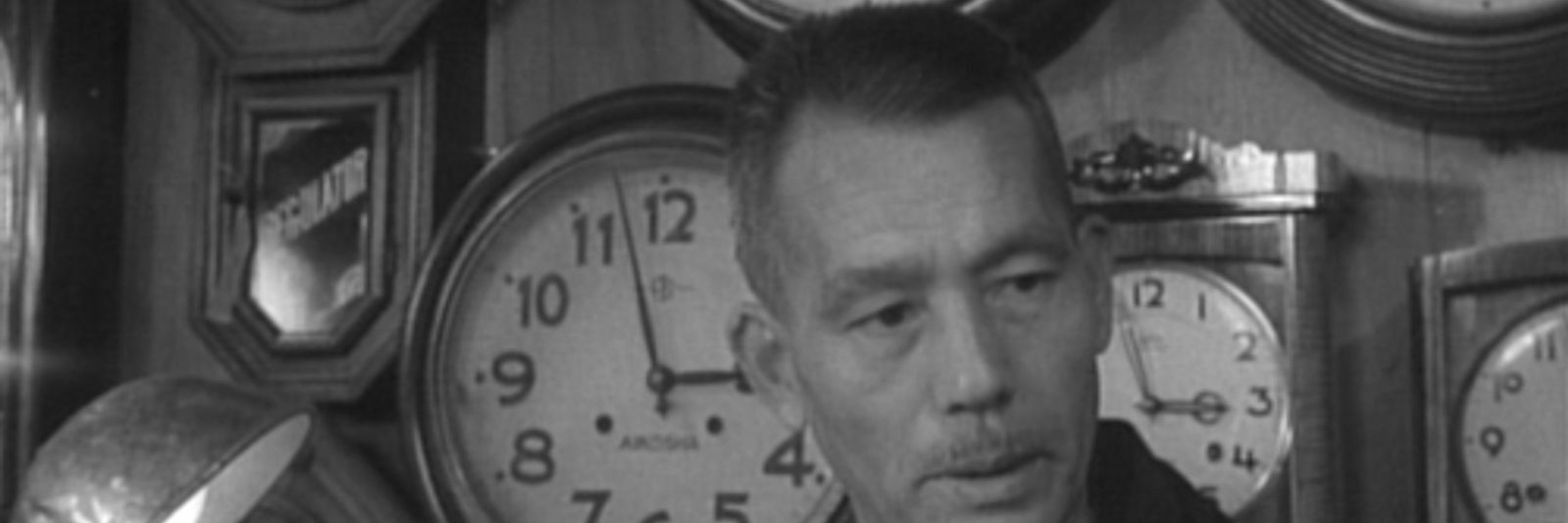Did you have an account at GeoCities? I am quite sure at least you have visited more than dozens of those sites, – personal blogs or hobby exhibition, or maybe just a few pages of family photos – and probably went on to something else, without even noticing the site was hosted at GeoCities, one of the largest hosting service at the time. In 1999, Yahoo! purchased this thriving service at staggering $3.57 billion, but it turned out to be not as lucrative a business as it had hope to be. Exactly 10 years after, Yahoo! announced its closure rather suddenly. Some of the users went panic, some lamented, most just decided to let it go, and there were those who didn’t even notice their sites were deleted. But people at Internet Archive, Archive Team and others took it differently. They thought this was a part of our culture. If it were deleted, it would never be remembered. No one will recall how these GeoCities sites looked like back in 1999. So several teams of Internet archivists attempted to download the whole sites. The whole GeoCities. Now, you can browse the Internet life in 2000’s at Archive Team or Geocities.ws or Wayback Machine.
It sounds rather odd that the texts we read and images we saw just ten years ago could sink into oblivion so easily. Especially in the age of IT (strangely, it stands for Information Technology). But they can and they do.
“Digital Amnesia” is about this fear of our past sinking into oblivion. And it is not just about collections of millions of web pages. We are losing printed books. We are losing films. We are losing sound recording. The film tracks the effort by Internet Archive, Dutch Library and Library of Alexandria, Long Now Foundation and Archive Team. These are fascinating people who devote their lives to save the culture as much as possible. You can see their efforts as they are, naked, so you may find some images rather odd. Books are thrown into boxes and stored away in drab-looking cargo containers (as it seems). The place does not look appealing as the deposit of knowledge for future generation. It evokes the images of the last scene of “Citizen Kane (1941)”, the large warehouse full of Kane’s prized possessions. Or the house of Jason Scott, the founder of Archive Team, looks like the house of … ahem, Jason Scott, the guy who wears a funny hat and untidy beard. One of the most devastating stories is about the NASA Lunar Orbiter Image Recovery Project. The retired engineer, Dennis Wingo, has been working hard to retrieve data from 1967 Lunar Orbiter mission using the antiquated tape drives, in – of all places – the abandoned MacDonald. And how these tapes and tape drives survived? You should see it.
Brewster Kahle, the founder of Internet Archive, describes the world without past as “the Orwellian state of perpetual present”. It may sound awful, but I think we are already living it. Few looks at the tweet from two years ago. Fewer looks at the dinner photo at ex’s Facebook page three years ago. No one looks at the Subservient Chicken. All tweets are about NOW, not about yesterday. All likes are about NOW, not even about this morning. We are so busy consuming NOW.
Do you have an iPod Mini? I do. I will recharge it today and listen to it. If I am lucky, I would know what I was listening to 8 years ago. But my bet is, its hard disk won’t start.
